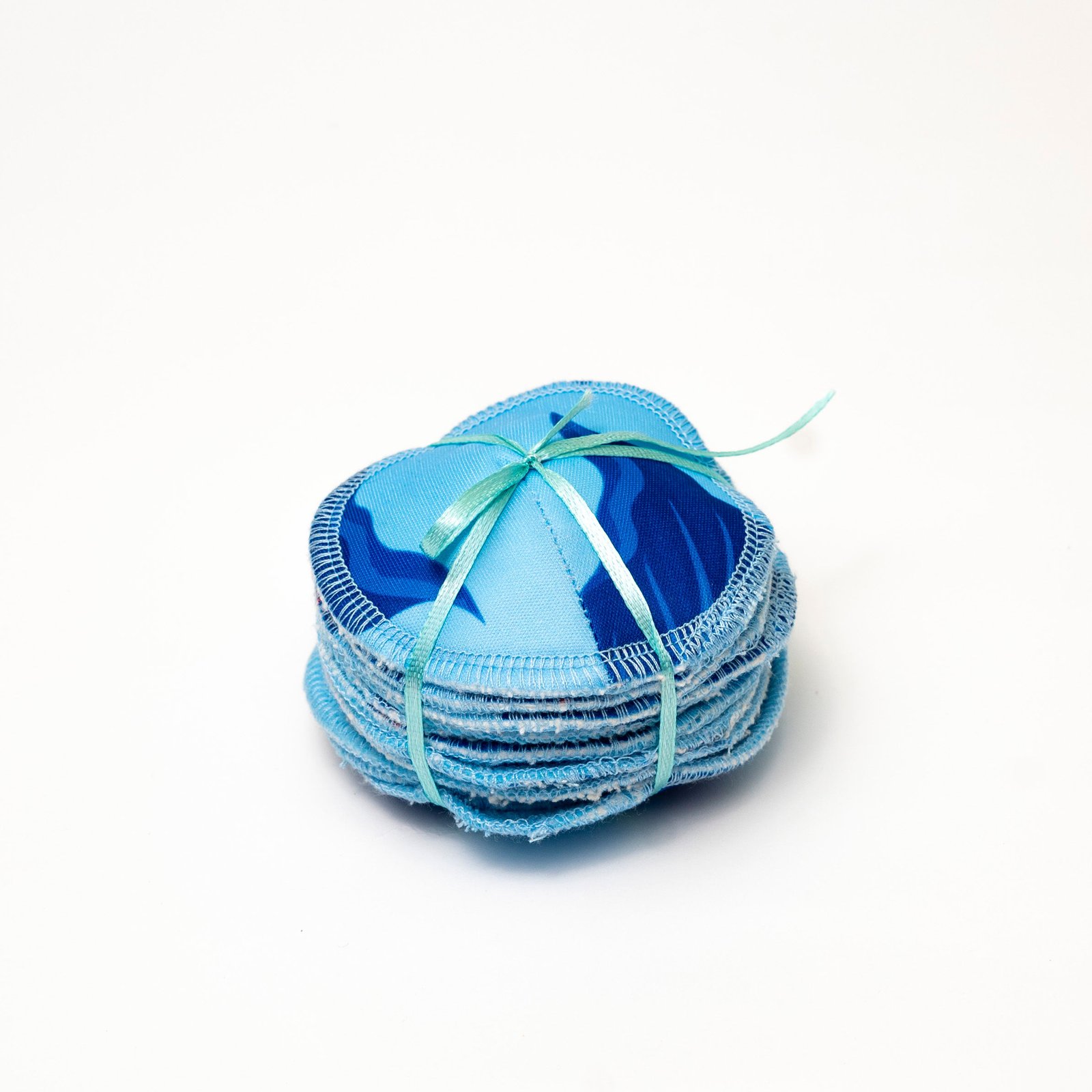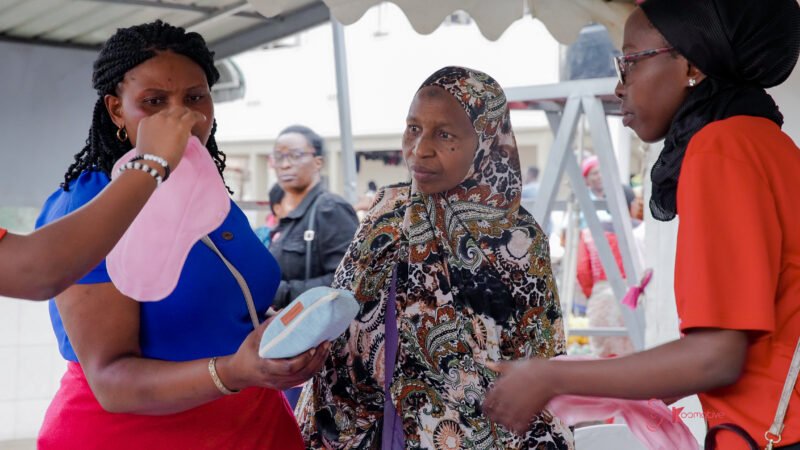A new mother is born the moment a new baby enters the world. The focus is often directed towards the baby but the birthing parent embarks on an equally complex and intense journey: the postpartum period. Postpartum (or postnatal) refers to the period after childbirth. Most often, the postpartum period is the first six to eight weeks after delivery, or until your body returns to its pre-pregnancy state. But the symptoms and changes that occur during the postpartum period can last far beyond eight weeks. Postnatal care in Africa is critical for reducing high maternal and newborn mortality rates, but utilization remains low due to factors like cost, limited access, and poor quality of services. Challenges include inadequate staffing, poor health system integration, and insufficient awareness of its importance. Postnatal care rates in sub-Saharan Africa are low, with studies showing that only around 27.4% of women receive adequate postnatal care, though rates vary significantly by country.
Postpartum period is not uniform, this experience varies from mother to mother but knowing what to expect can empower new mothers to seek the right support. Research shows that the postpartum period is divided into three stages: Acute (or Immediate), typically the first 24 hours after birth when the mother’s body undergoes rapid, critical changes and potential complications are monitored; Subacute, lasting a few weeks to a few months, where physical and emotional recovery and adaptation to motherhood occur, and health problems may emerge; and Delayed, extending up to 6 months or beyond, characterized by gradual, long-term adjustments and recovery, including hormonal shifts and emotional well-being.
Physical Recovery
After childbirth, a mother’s body goes through significant changes as it begins to heal and adjust. It is normal to experience vaginal bleeding, soreness, fatigue, and shifts in energy levels during the first few weeks. Rest plays a vital role in helping the body recover, while proper nutrition provides the strength needed for healing and for caring for the newborn. Gentle movement, such as light stretching or short walks when advised by a healthcare provider, can also support circulation and overall well-being. By listening to their bodies and pacing themselves, mothers can gradually regain strength and restore balance after delivery.
Emotional Well-being
Postpartum care is not only about the physical body but also the emotional state of new mothers. Hormonal changes, lack of sleep, and the new responsibilities of caring for a baby can bring about mood swings, anxiety, or feelings of being overwhelmed. It is important to acknowledge these emotions as part of the transition into motherhood. Seeking emotional support from partners, family, or friends can make a huge difference. For some, joining support groups or speaking to a professional may be necessary. Prioritizing mental health ensures that mothers feel supported, stable, and ready to care for their little ones.
Nutrition and Breastfeeding
Good nutrition after childbirth is essential for recovery and energy. A balanced diet rich in proteins, fruits, vegetables, and whole grains supports healing and strengthens the body. For mothers who choose to breastfeed, nutrition plays an even more important role, as it directly affects milk production and quality. Staying hydrated is equally crucial. While breastfeeding can be rewarding, it can also come with challenges such as discomfort, latching difficulties, or fatigue. Another common concern is breast leaking, which can be uncomfortable and sometimes embarrassing. To support mothers, Kosmotive provides nursing pads which are reusable, eco-friendly pads designed to absorb leaks and help mothers feel confident and comfortable throughout the day. It is recommended to seek guidance from healthcare providers or lactation consultants, alongside using tools like nursing pads, to make the breastfeeding journey smoother and more manageable.
Support Systems and Self-Care
Postpartum care thrives when mothers are surrounded by strong support systems. Whether it’s a partner, family, friends, or community groups, having help with chores, baby care, or simply offering a listening ear can ease the transition. Alongside external support, self-care should not be neglected. Simple practices like short rest periods, time for relaxation, or doing something enjoyable can positively impact both mental and physical health. When women feel cared for and supported, they are better able to nurture themselves and their babies.
Postpartum care is a holistic journey that involves physical healing, emotional adjustment, proper nutrition, and strong support systems. Every mother’s experience is unique, but with care, rest, and community, this period can be one of growth and strength. By prioritizing postpartum health, mothers not only recover well but also build a strong foundation for their family’s well-being.





